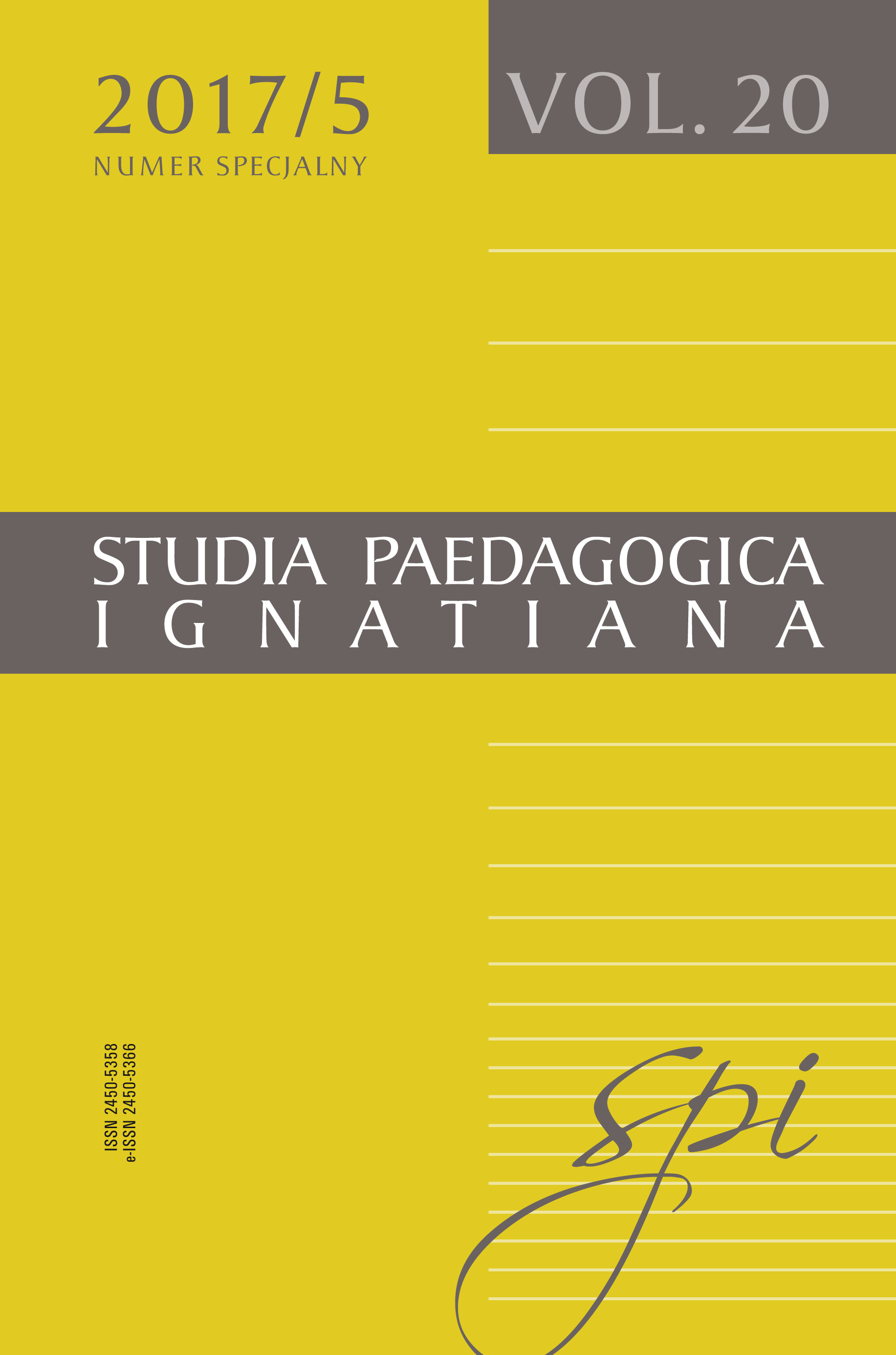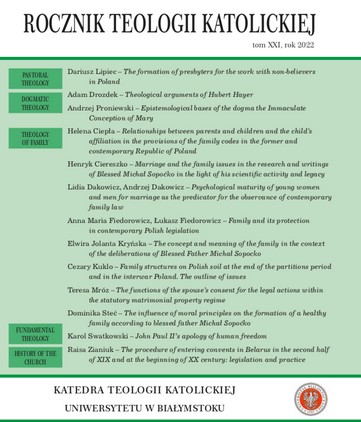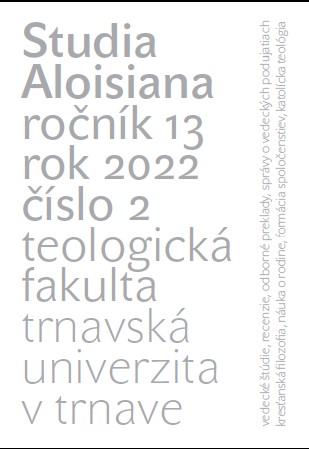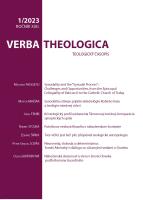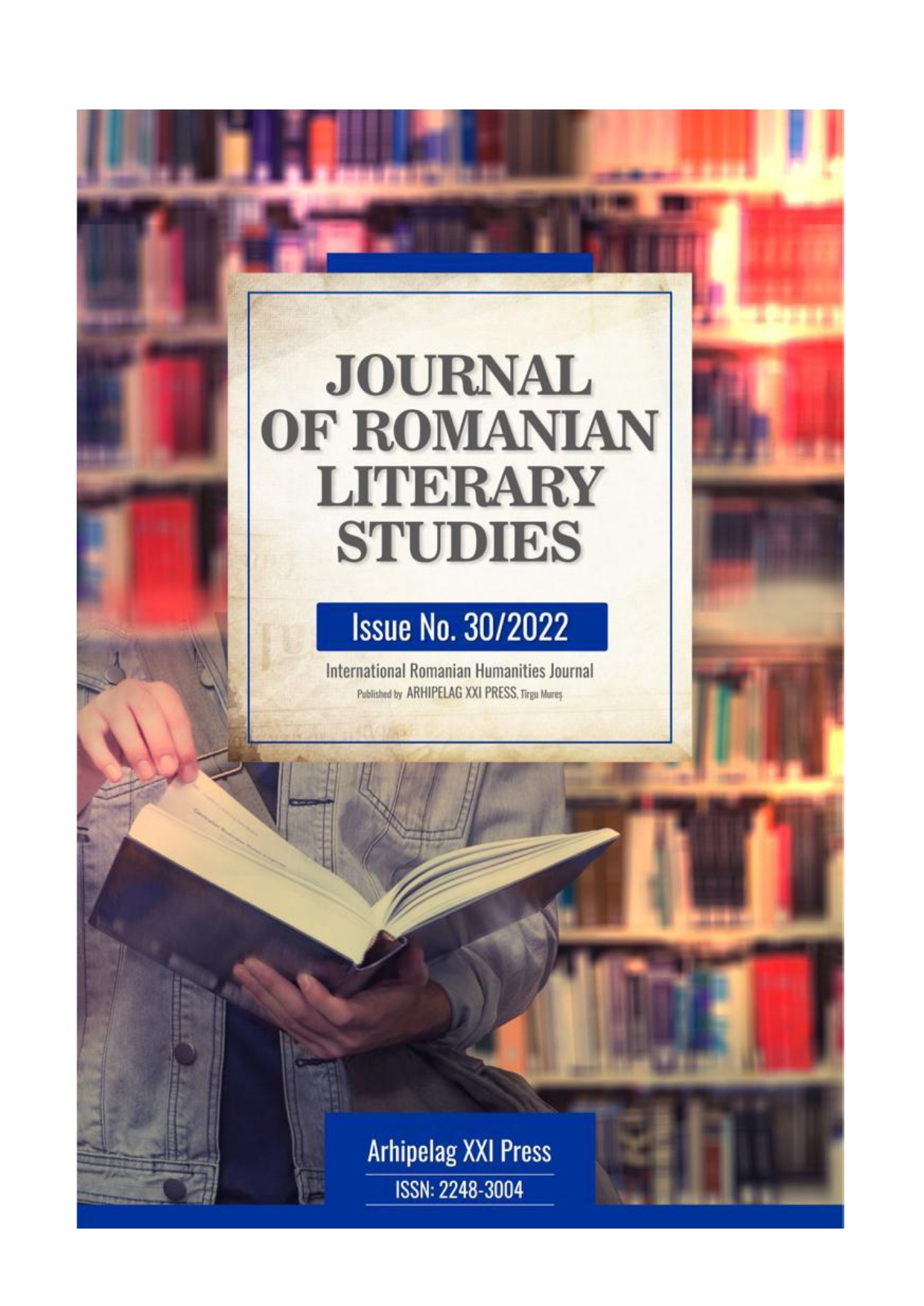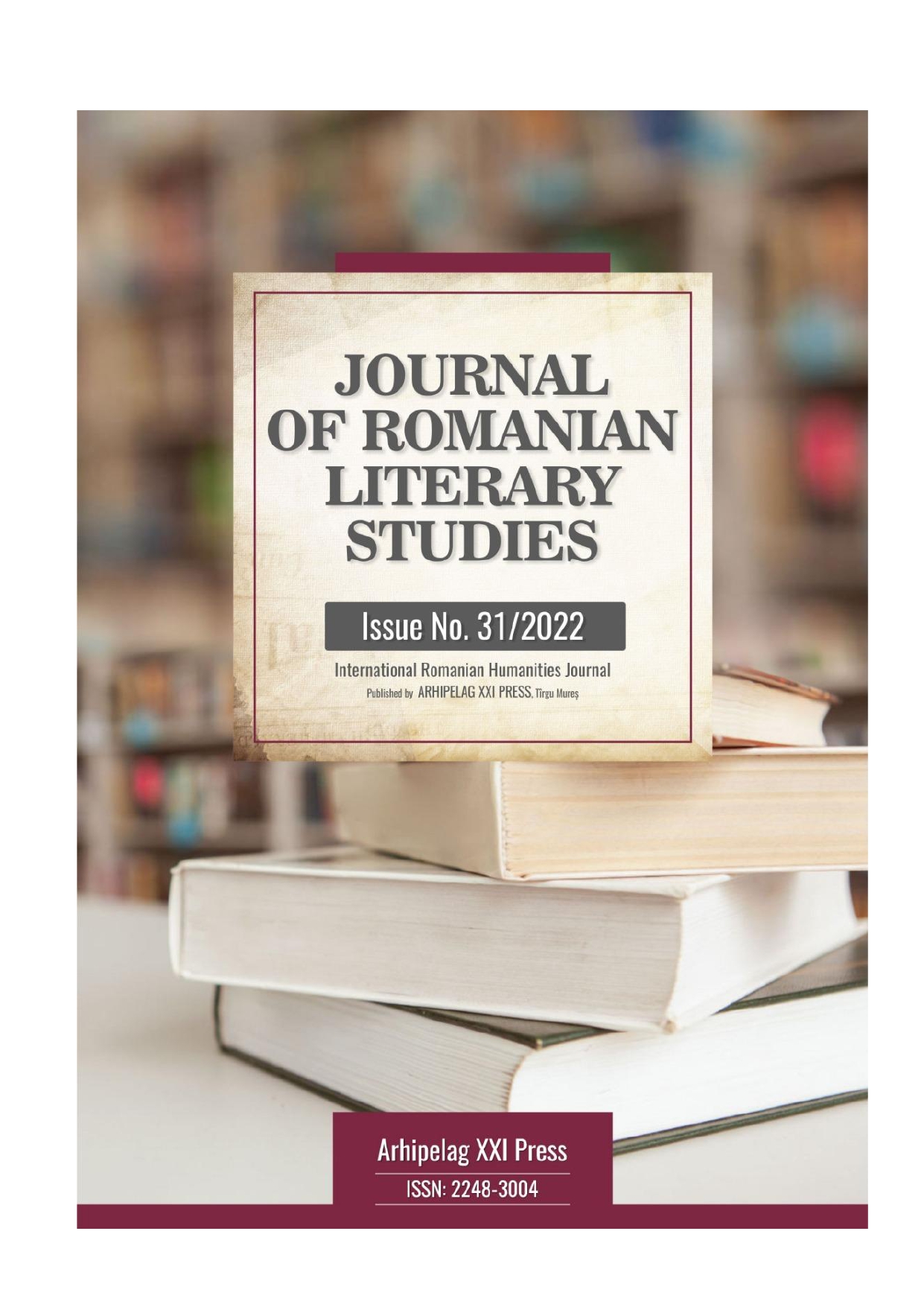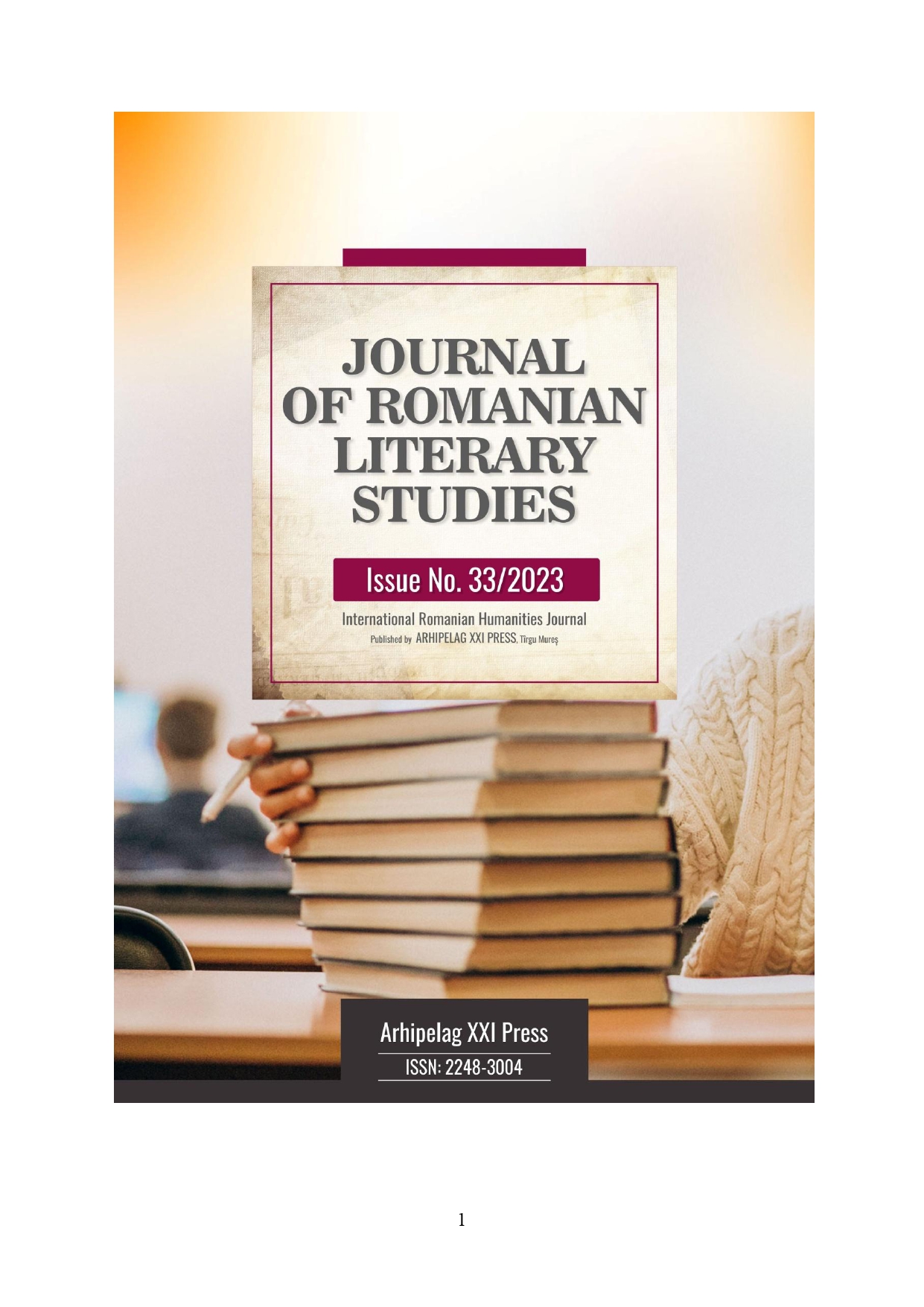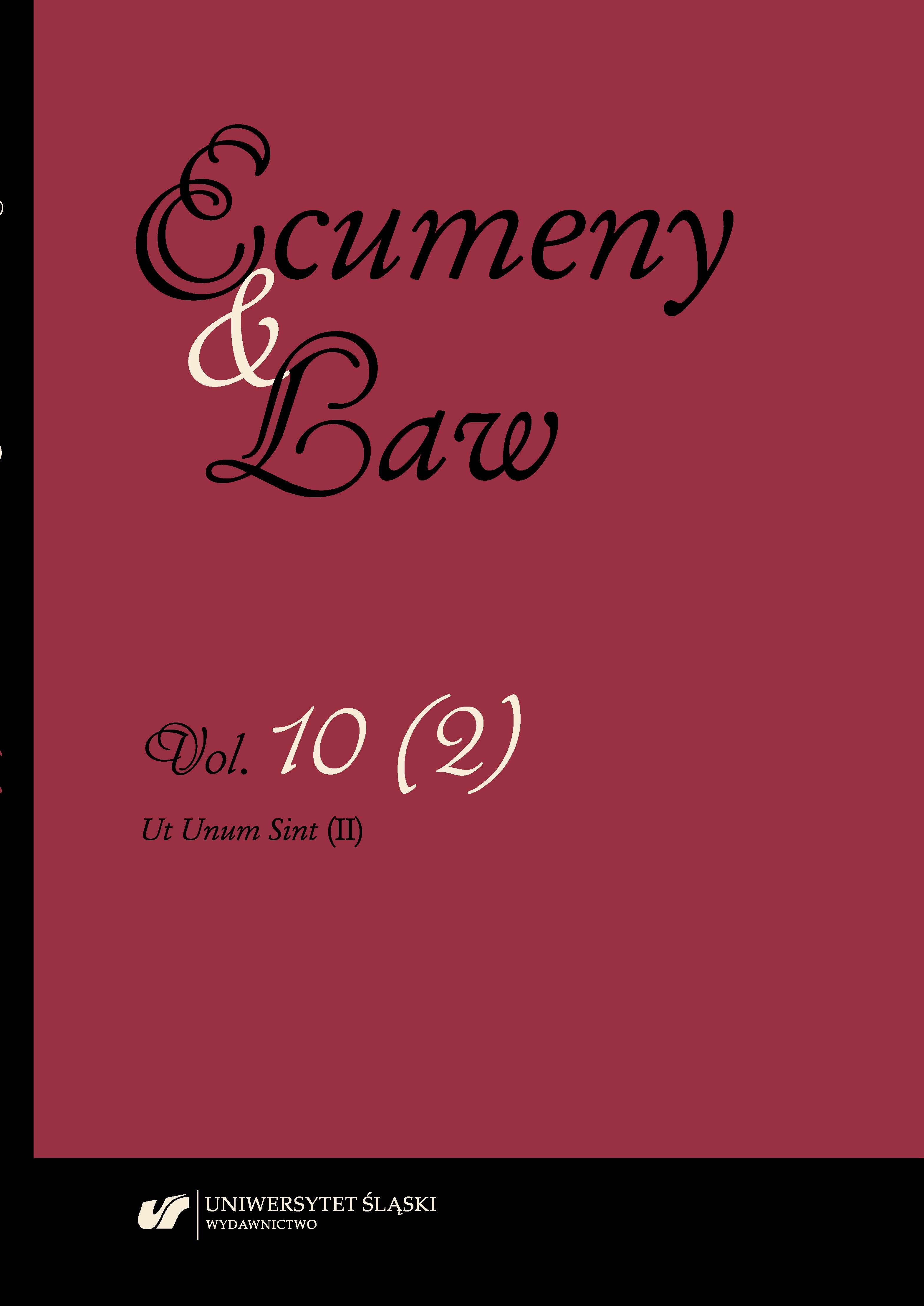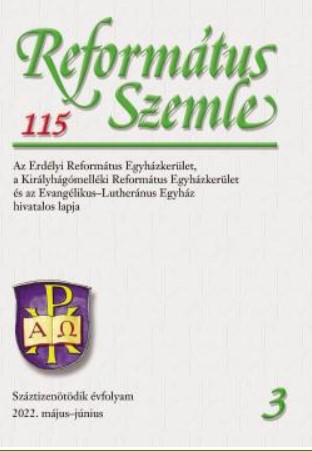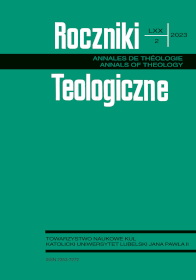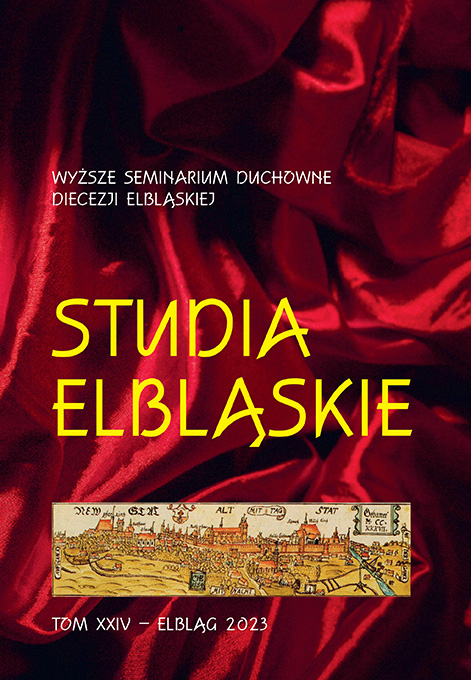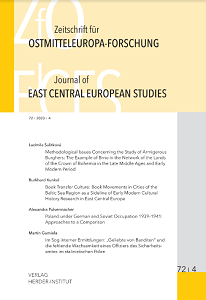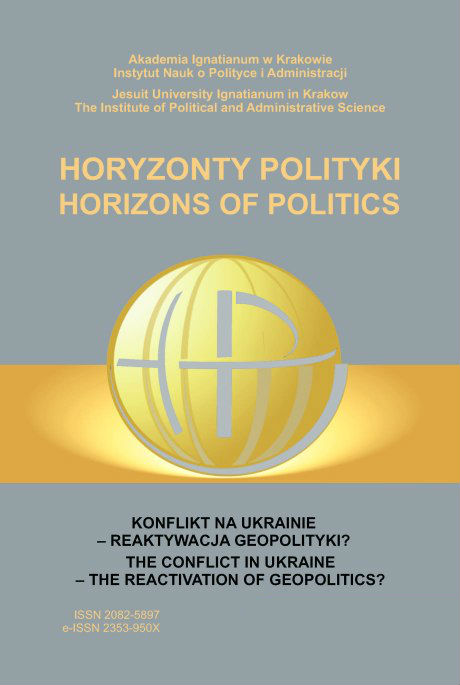
Osobotwórcza rola rodziny w religii Starego Testamentu
CEL NAUKOWY: Artykuł ukazuje osobotwórcze znaczenie rodziny w przymierzu Starego Testamentu. W starotestamentalnym objawieniu Boga dokonuje się demitologizacja ludzkiej seksualności, której efektem jest oczyszczenie obrazu transcendentnego Boga z seksualnych odniesień. Płynąca z niej sekularyzacja ludzkiej seksualności nie oznacza wyłączenia jej ze sfery świętej, ale ukazuje płciowość jako część dzieła stworzenia, wiążąc ją z odpowiedzialnością rozumnego i wolnego człowieka oraz ze szczególnym błogosławieństwem Boga. Takie oczyszczenie pozwala w miłości mężczyzny i kobiety dostrzec sposób realizowania się przymierza z Bogiem, jak również obraz tego przymierza.PROBLEM I METODY BADAWCZE: Artykuł wpisuje się w nurt historycznych badań nad antropologią relacyjną i krytyczną refleksję nad kulturą czasów współczesnych. Jego celem jest ukazanie religijnego i osobotwórczego znaczenia rodziny w strukturze przymierza Starego Testamentu.PROCES WYWODU: Osobotwórcza rola rodziny unaocznia się w historii Abrahama, w której widoczne jest, że przymierze nie ma wypełnić się przez samo płodzenie potomstwa, ale poprzez wychowanie dzieci, mające religijny charakter, dokonujące się w przestrzeni rodzinnej i łączące się z przekonaniem o budowaniu siły narodu. Bardzo ważnym elementem tego wychowania jest rodzinna liturgia, z właściwym jej prymatem ojca, odsyłającym do prymatu Boga Ojca. Szczególna rola ojca ukazuje się w trzech celebracjach: przyniesienia do świątyni i wykupu pierworodnego syna, obrzezania oraz paschy.WYNIKI ANALIZY NAUKOWEJ: Religia Starego Testamentu ma charakter osobotwórczy, tzn. prowadzi do ujawnienia, oświetlenia i dowartościowania podstawowych wymiarów osoby, takich jak: znaczenie płci, relacyjny charakter osoby ze względu na jej zróżnicowanie płciowe, znaczenie ojcostwa, macierzyństwa i ludzkiej płodności.WNIOSKI, INNOWACJE, REKOMENDACJE: Odczytanie znaczenia tych rodzinnych uroczystości może mieć znaczenie także dzisiaj dla pogłębienia więzi rodzinnych i zrozumienia roli rytuałów społecznych oraz religijnych w budowaniu rodziny, która pozostaje pierwszym i podstawowym miejscem tworzenia dojrzałej osobowości każdego człowieka, mężczyzny i kobiety.
More...
